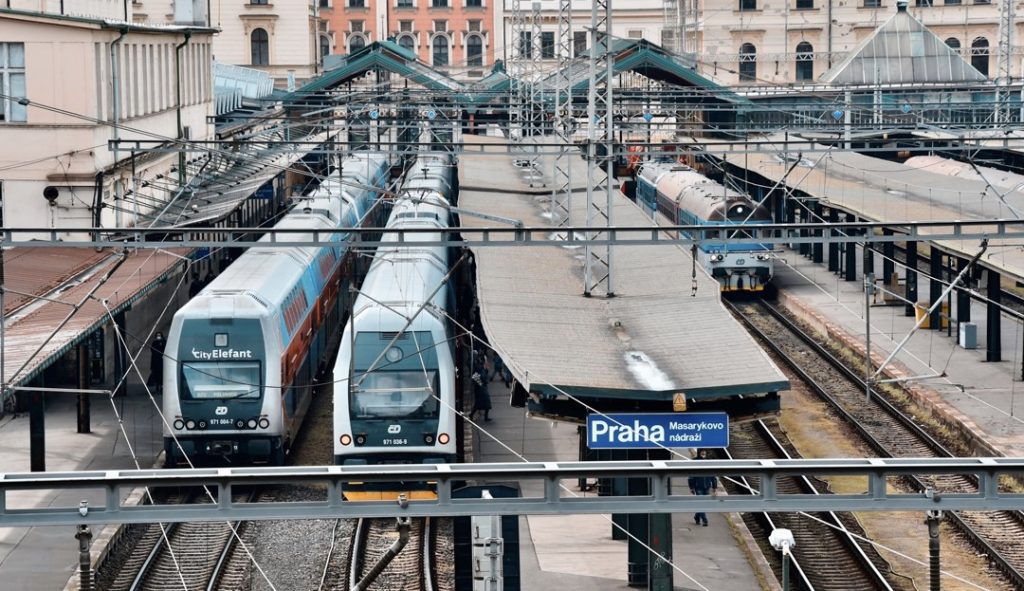The Czech Republic is to build a high-speed railway line, the first in the country.

Critics of the project, which would link Prague, Ústí nad Labem and the German city of Dresden, say development will be delayed because of its high cost.
State officials and local residents in the Czech Republic are eagerly awaiting a decision on the country’s first-ever high-speed rail line linking major Czech cities with Germany. However, some residents near the proposed line object to the disruption the new link could cause.
Czech Republic is to build high-speed rail line
Estimated to cost around CZK 150 billion (about EUR 7 billion), the project aims to bring faster and more efficient transport through Ústí nad Labem and Prague, connecting both cities with the German city of Dresden.
The new connection – which will allow trains to travel at speeds of more than 300 kilometres per hour – can cut travel time from Ústí nad Labem to Prague or Dresden to just 30 minutes. Trains could also run on the line about every 10 minutes. The Railway Administration plans to complete the first 58 kilometres of the route within six years and aims to finish the rest of the line between 2038 and 2045.
However, as the end of June deadline for finalising all the details of the project approaches, concerns and opposition have emerged that threaten to derail progress.
Cost, noise and construction concerns
The proposed route has faced opposition from some residents, who have filed more than 600 complaints, including calls for alternative routes. Objections have been raised about the potential risks and costs associated with the project. Residents of Ústí nad Labem, who will bear the brunt of the construction work, cite noise concerns and possible road and traffic disruption.
Other critics of the project say that – if the project eventually goes ahead – the Railway Administration should hold a high-quality architectural competition to find the best possible firm to create the new tracks and stations.
Transport Minister Martin Kupka insists every effort is being made to address concerns and involve the community in the decision-making process. “We are trying to go through the planning sensitively and have a dialogue with local authorities. We don’t leave it behind,” he says.
Despite the concerns, state officials are determined to move forward with the project. Two working groups will address complaints and plan to mediate a compromise between developers and residents.
Still, the project will almost certainly move forward. Last November, Kupka said there was no time to create “grand alternatives” and that it was necessary to push the entire project one step further.
Share on:



